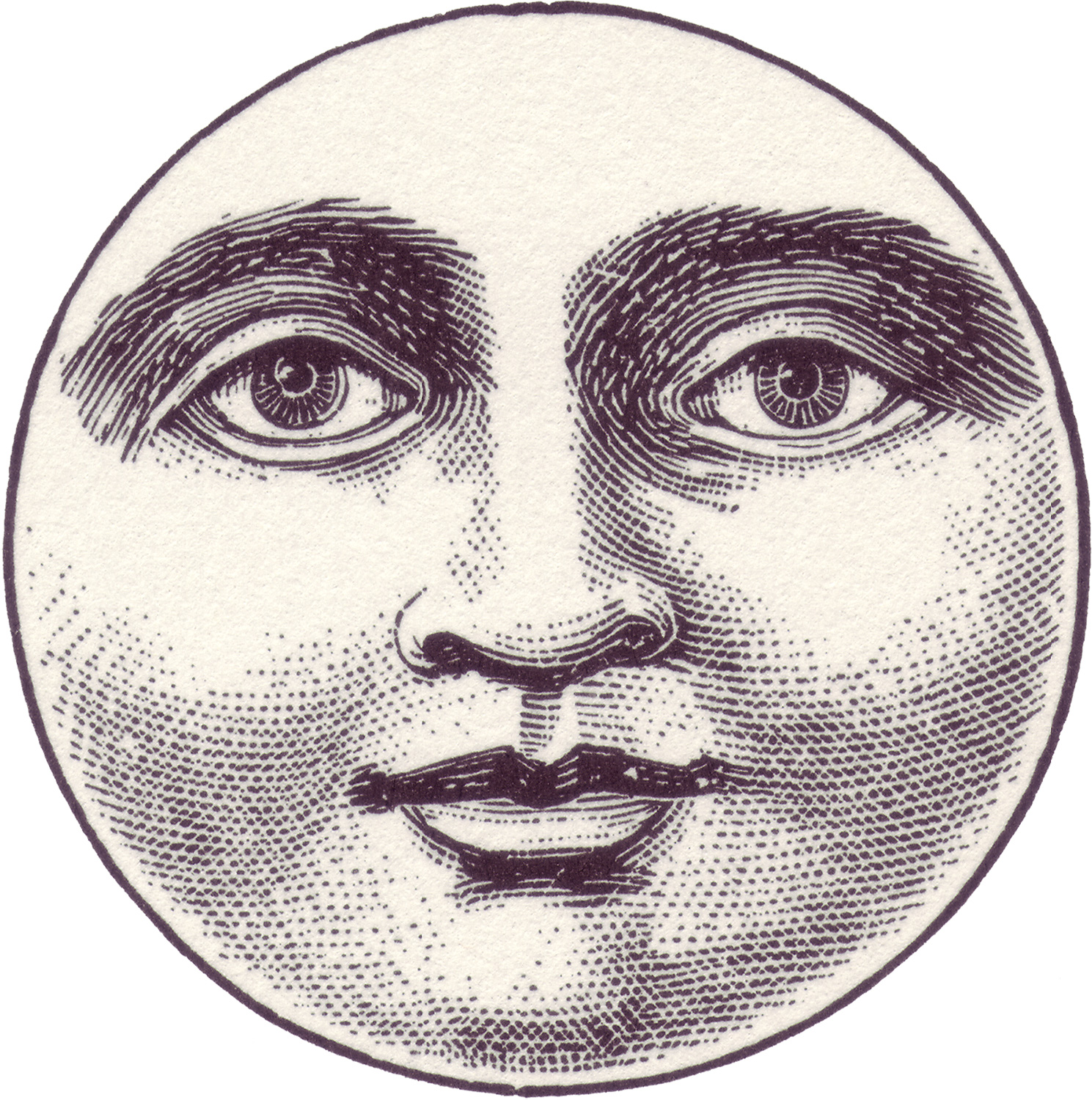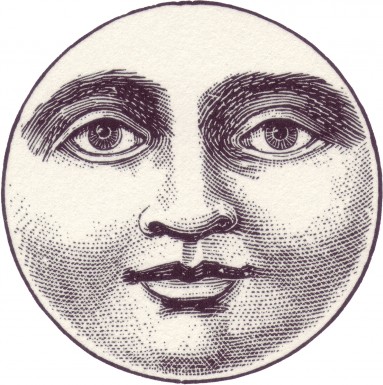To Evan Calder Williams
Three speeds of life: animal, vegetable, mineral.¹
You stare at a photograph of yourself as a child and whistle that familiar whistle, When was anyone ever so young.
Time ever slow.
Slower than molasses, slower than raw honey: turbinated sugar-time.
Devoid of speed, life moved at the pace of number of books devoured, Japanese cartoon series and American teen comedies allowed, maneuvers in sibling spats, apartment bombings dodged, carton boxes and crates filled up for the next move.
Friends were everything.
Tell me when this stratospheric dash began. I am caught without shelter in its advancing armies of minutes, tripping over the seconds hand on the clock face (one revolution per minute.)
There's a relay race and time is wearing my team's uniform but it stretches the baton always a step-foot out of reach: Keep up, bitch.
See? We can't even talk about it except through metaphor. It is laughing at us in our pathetic little language worlds as it trundles ahead on wagon wheel and V6 engine. It screams with laughter from the launchpad of its private helicopter while we watch down below, getting robbed at stoplights.
Time heals all things, Father Time. 'O how I love clocks / their roundness / Mother Time— / a drop of bright blood / enclosed in quartz / (cameo-like).'²
Supposedly time progresses at the same speed at a White House Correspondents' dinner as in a ransacked Baghdad museum.
Do you remember the first film you ever saw? And is that when sentience fully begins? It's there within you like a secret (an open secret).
The first film I saw was in a movie theater in Tehran. It was about a giant black cat who terrorizes a small community of little children with his enormous paws, his piercing green gaze, and the intimidating presence of his gigantic figure. It was so terrifying that my younger brother had to be escorted out of the cinema by our grandmother. I remained, alone and lip trembling, but willing myself to train my eyes to look back at this creature who was awakening an escalating (but maybe healthy) fear inside the bony frame of a five-year old left alone in a darkened room with a beast.
The next film I saw was on a television screen. It was Sleeping Beauty. That film scared the shit out of me as a kid, and still does. People point out the relative disadvantage of being a passive and encased woman, pricked with a spindle, just laying there for a century. But the true privilege of the princess' position—sleeping through a wretched and macabre 100 years—is less remarked on.
'Not in death but just in sleep / the fateful prophecy you'll keep'
Sleep is king (????? ?????) goes an Arab proverb.
Which 100 years would you choose to sleep through?
As for me, I approach sleep as a refugee, not so much for rest and pleasure as a submission to obscurity, pitch-blackness, the marionette's curtains closing.
One particular night when I couldn't sleep I found instructions online for how to care for a donkey. Donkeys are supremely underrated. They are life's best companion. (From the handbook: 'Donkeys will mother almost any animal.') How to care for a noble ungulate: Water, shelter, treats, winter shedding, teeth check-ups. Everything except hoof care is the same as human upkeep.
Don't let anyone mishandle a donkey.
Donkeys are gentle creatures;
Never pull their ears or try to hurt them in any way.
If you have a rescue donkey, you will need to put a lot of time and effort to restore its trust;
Often such donkeys have been mistreated and are nervous, shy and afraid.
As this is not their normal nature, it is really pitiful to see and should you take up this challenge,
Seek assistance from a local donkey organization.
When the world ends, when everything burns, let there be one thing standing: your local donkey organization.
Finale:
Remember S.? We've pooled together a childcare schedule to stay with her kid while she performs in a play. The play has won a Pulitzer and had a run on Broadway, but she still can't quite believe she was chosen for it, says it's only because they needed someone who spoke Arabic. She is going through a separation after two decades of marriage. Divorcing woman, mother, artist—triple threat. A prominent director in the West Bank sought her out for a new movie to be shot there in January. It has taken everything to convince her to audition. She doesn't really believe how good she is. She blames it on lack of dramatic training, etc. etc. etc.
After these conversations, and in the clench of a feeling of ever-shortening time, I remember that line by Virginia Woolf about the need for every woman to kill the angel in the house.
You will never cultivate a state of grace until you off her.
You will never take your art seriously (even if you don't take yourself seriously) until this angel is dead.

